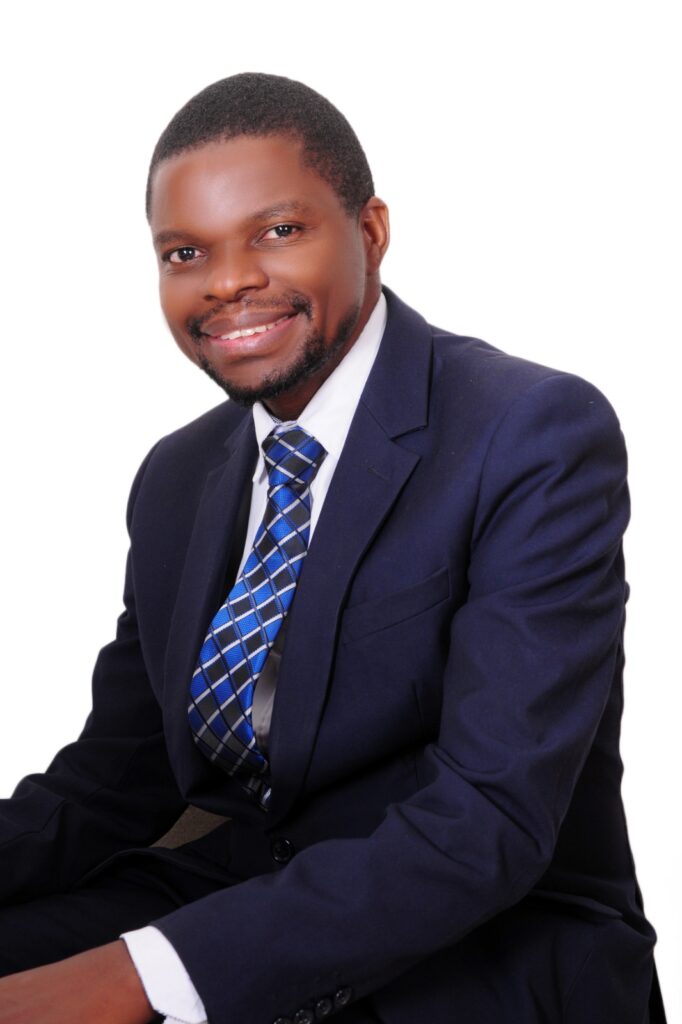By Dickson Tumuramye
Consider this scenario: a job applicant with a stellar resume applies for a position at a prestigious company that wants someone born again. The applicant indicates that they have been a committed Christian in church for the last 10 years. On paper, all this appears ideal — until a recruiter delves deeper into their social media profiles. There, the recruiter finds posts of partying, provocative photos, or contentious remarks, a stark contrast to the image presented on the applicant’s resume. This incongruence can raise doubts about their professionalism, integrity, and suitability for the role.
This is precisely why we need to think carefully about what we post on our Facebook, X, LinkedIn, Tiktok and other such platforms.
In today’s interconnected world, social media has become more than just a platform for communication — it has evolved into a powerful tool that influences how we interact, share information, and even shape our personal and professional lives. With a few taps on a screen, we can send messages across continents, share videos in an instant, and receive real-time feedback from a global audience. The advantages are plentiful: maintaining relationships with family and friends, staying updated on global news, promoting businesses, and accessing opportunities that can change our lives for the better.
However, amidst these myriad benefits, there lies a critical caveat: the permanence and visibility of everything we post. Social media does not forget. What we share today can resurface tomorrow, potentially impacting our reputations, careers, and personal relationships. This aspect often goes overlooked as people freely express themselves without considering the long-term consequences. But every post, every photo, every comment contributes to a digital footprint that can endure indefinitely. What may seem like a momentary lapse in judgment could have enduring consequences.
Therefore, it is important to be aware that social media serves as an extension of our CVs, reflecting not only our professional accomplishments but also our values, behaviour, and personality. In today’s competitive job market, employers increasingly use social media as a supplementary screening tool. And so what we choose to share can either bolster our credibility or undermine it entirely. It is essential to curate our online presence deliberately, ensuring that our posts align with our aspirations and how we wish to be perceived by others.
Moreover, beyond personal branding, the way we engage with others on social media speaks volumes about our character. Comments laced with aggression or offensive language can tarnish relationships and damage our online reputation. In a digital age where our interactions are scrutinised by peers, colleagues, and potential employers, maintaining civility and respect should be a priority.
In navigating the complexities of social media, it is therefore crucial to cultivate a positive online identity. This involves showcasing our interests, achievements, and passions in a manner that resonates positively with our audience. Whether through thoughtful posts, supportive comments, or sharing valuable insights, each interaction contributes to shaping how others perceive us.
Furthermore, amidst the noise and distractions of social media, it is imperative to stay focused on what builds your niche and not what others are doing. If people choose to fight on social media, avoid being part of their confusion. Stay in your lane. Avoid being stressed by who has commented or not on your posts, and how many comments, likes, and views you have. Concentrate on a positive identity that will sell you. With your consistency and perseverance, people will get interested in what you have to say or share.
Therefore, pay attention to what inspires you to post that message, image, video, and more. The Bible advises us “A simple man believes anything, but a prudent man gives thought to his steps… the simple inherit folly, but the prudent are crowned with knowledge” (Proverbs 14:15,18). Your knowledge and wisdom will enable you to discern in your mind and enable you to do the right thing.

The writer is the Head of Honours College, a parenting coach, a marriage counsellor, and the founder of the Men of Purpose Mentorship Program.


